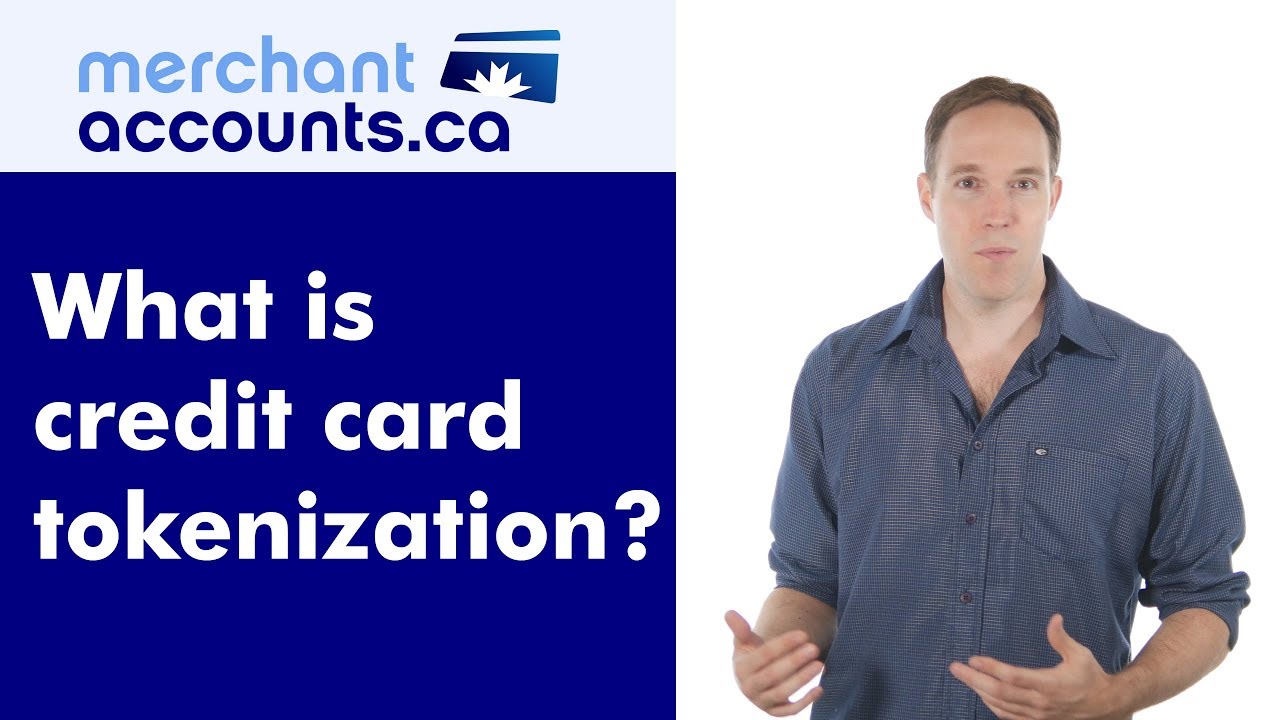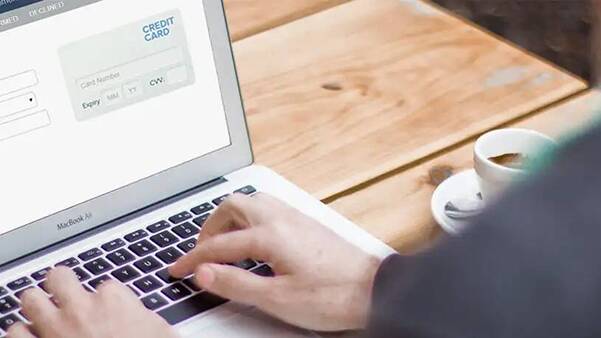March 25, 2011
by David Goodale
The challenge of mobile credit card payments in Canada.
Until recently, mobile payment devices have been clunky hardware designed for the sole purpose of processing credit card payments while on the road.
What about merchants who need to process the odd credit card sale from the road, but not often enough for it to make sense to buy a dedicated mobile POS machine?
Payments via Blackberry, Android and iPhone mobile phones (and tablets) may be the solution, and we appear to be in the midst of revolution in mobile payments. However, while many US based merchants are riding the first wave of this revolution in mobile payments technology, those of us in Canada are still paddling to catch that first wave.
The challenge is that Visa and MasterCard have introduced chip (also commonly referred to as "EMV") based credit card payments within Canada. Chip based credit cards add an additional layer of security for both cardholders and for merchants because it requires a cardholder to enter their PIN number at the point of transaction.
However, this additional layer of security is also an additional layer of complexity when it comes to supporting mobile credit card payment technology. This has slowed the rollout of mobile payment devices within Canada. Chip and PIN based cards are not supported by US card issuers, which is why it has been easier to launch mobile payment devices in that market. Without the need for a PED (PIN entry device), the mobile payment device is much simpler to manufacture and must simply capture the magnetic stripe, then encrypt and securely transmit it via the phone to be processed over the Internet. There are already several options for U.S based merchants that can do this such as PAYware Mobile, ROAMpay and Square. Each of these devices can currently allow U.S based merchants to accept point of sale based credit card payments using their mobile phone.
We receive many inquiries from clients interested in a mobile payments device to work with their iPhone or BlackBerry here in Canada. Unfortunately, as of the writing of this article it would seem that PAYware Mobile is the only option that has any support at all for chip based cards, and this device has not yet been broadly rolled out within Canada. The need to collect PIN data at the point of the transaction has significantly slowed the rollout of mobile technology in Canada, and as a result the current options for Canadian business owners are virtual nonexistent.
What options do Canadians currently have for mobile payments then?
The best option in the short term is to use a virtual terminal. A virtual terminal operates in a similar manner to a standard credit card transaction, except that instead of swiping the card or using a chip reader you simply key the credit card number into the device. This is done using a regular web browser such as Internet Explorer or Firefox. This allows you to process transactions using any mobile phone, tablet or any type of device with an Internet connection.
There are two disadvantages to this. Because the card is physically present, you would normally be rewarded with improved liability protection. However, you will not be capturing the EMV (chip and PIN) data, so you will not have the guaranteed protection that Visa and MasterCard offer for PIN enabled transactions. In other words, if someone later disputes the transaction you must go through the same chargeback dispute process that you would for an e-commerce sale. Had you captured a PIN number the cardholder is generally not allowed to claim that it was an unauthorized use of their credit card.
The second disadvantage is that the interchange cost ("interchange" meaning the cost from Visa or MasterCard when processing a credit card transaction) is slightly higher by about 0.10 - 0.15% than it would have been for a traditional point of sale transaction. The difference in cost is relatively minor, and this drawback is not a show stopper by any stretch of the imagination, but it is worth taking into consideration.
The Future Is Mobile
Regardless of the fact that it will take a bit of time for Canada to catch up to the USA in terms of mobile payment technology, it will eventually happen. We must accept the fact that it takes time for any new technology to mature.
It will be an interesting year ahead, not just to see what happens with the folks who make the mobile payment reading devices that interact with the phones, but also with the phone manufacturers themselves. For example, will the iPhone become more popular than the BlackBerry? Will Google's Android win more market share, or greater adoption because of the wide net of developers able to program for an open platform? Will one platform lend itself better to mobile payments? How will the card reading devices themselves interact with the mobile device? Is it possible to use Bluetooth or short range wireless communication in a secure fashion so that you could use the Internet connection on you iPhone or BlackBerry to carry out a credit card transaction without them being physically connected? If so, does this open the possibility of tethered mobile payment devices?
The only thing about mobile payments that is absolutely clear so far is that there is no device manufacturer or mobile phone manufacturer that is currently standing head and shoulders above others. We will monitor this industry and make sure our clients have access to the latest and most technologically secure mobile payment devices available. Merchant Accounts.ca was one of Canada's first e-commerce based merchant account providers, and we will be a leading merchant account provider for mobile payment devices as the technology slowly catches up with our technological flights of fancy.
If you have any questions about mobile payments for your business do not hesitate to ask my team for advice about the latest mobile payment solutions available.
Related Topics
July 05, 2018
Credit card tokenization can lower your processing costs and improve the security of your business. Even though it's easy to setup many business owners do not understand what credit card tokenization is or how it works.
May 07, 2019
If your business takes orders over the phone, online, by fax - or basically in any way where the customers is not physically present, then a virtual terminal will be less expensive than traditional POS equipment.
September 15, 2011
Merchants often do not realize how to read their processing statement and determine the effective rate they are being charged per transaction.
Learn How To Lower Your Credit Card Processing Fees
If you haven't reviewed your processing costs in a while take a moment to view our rates.
View Rates





